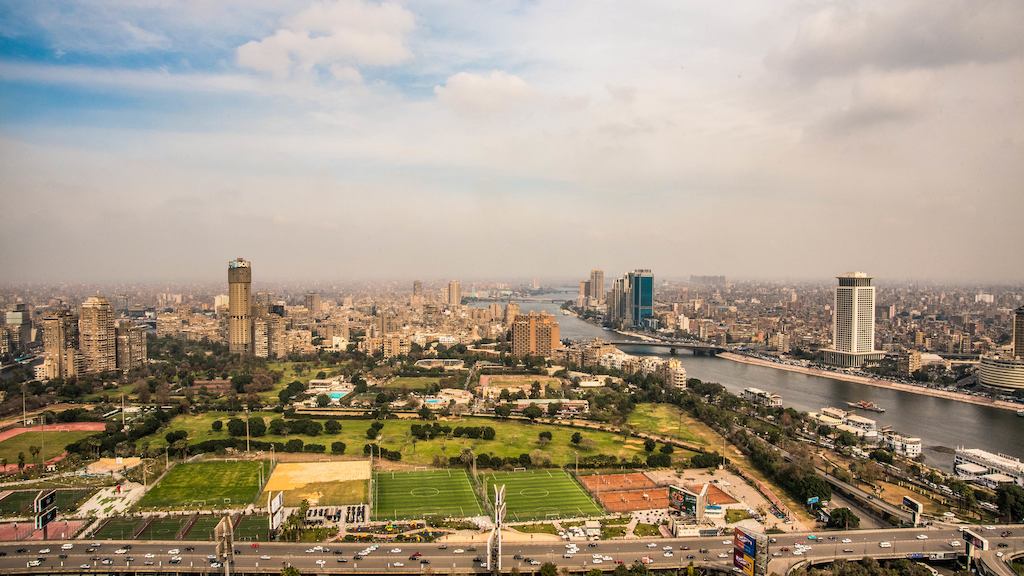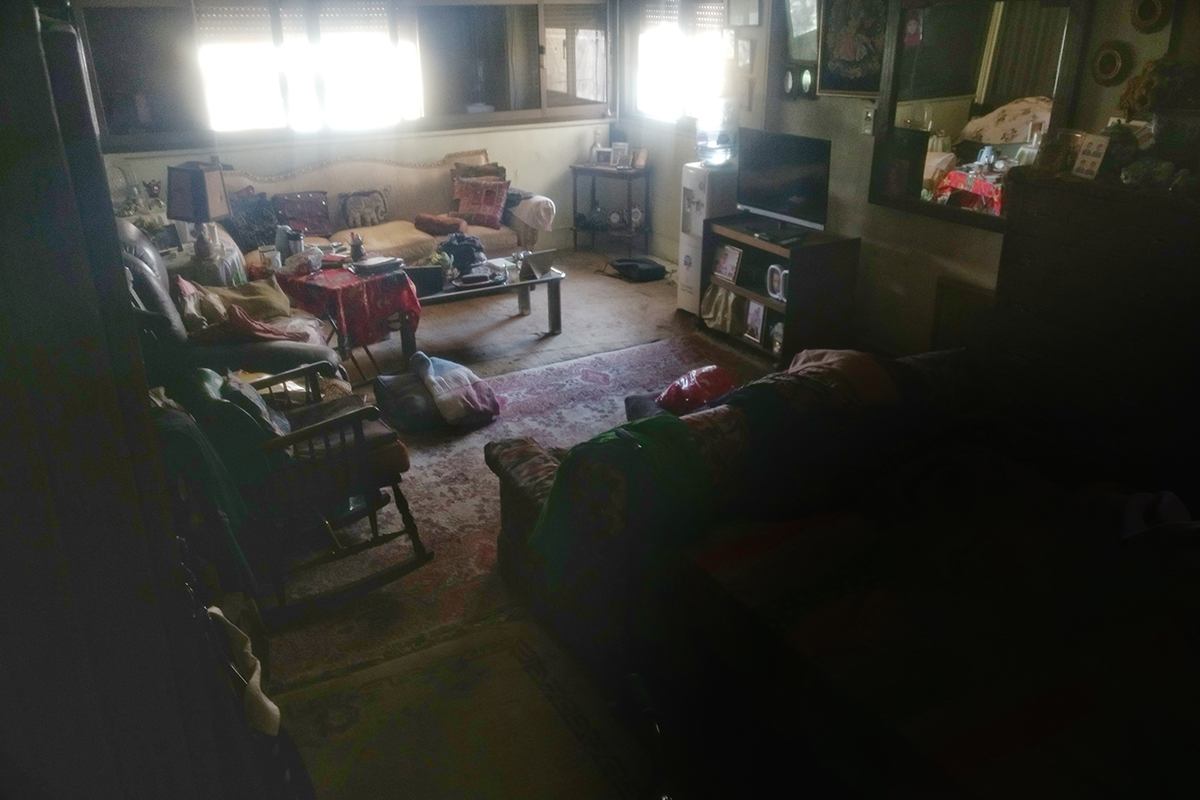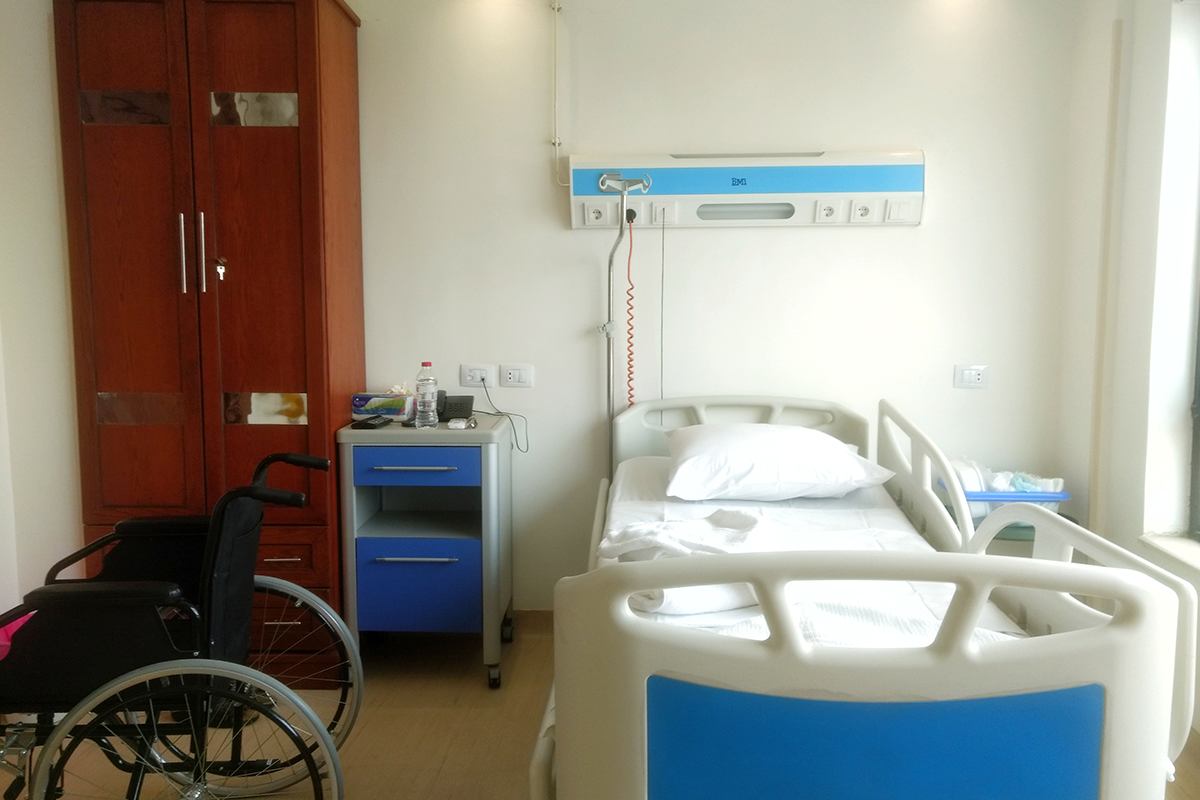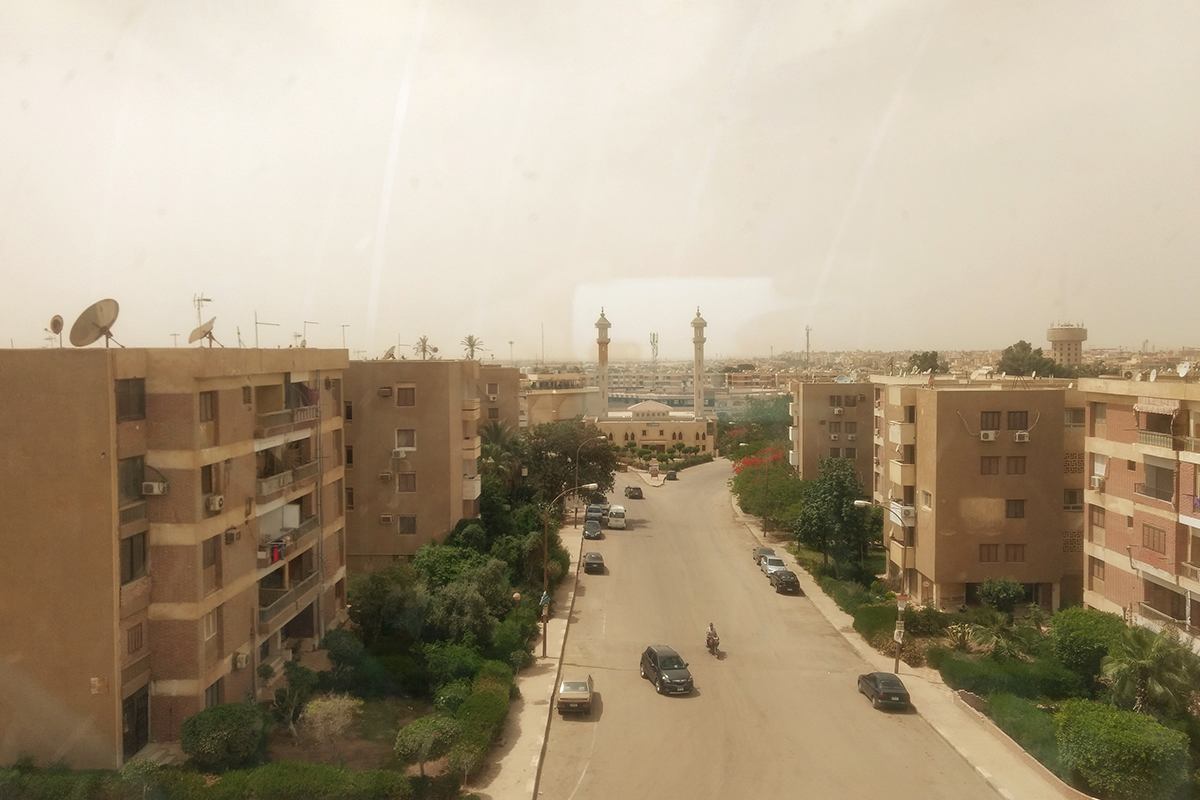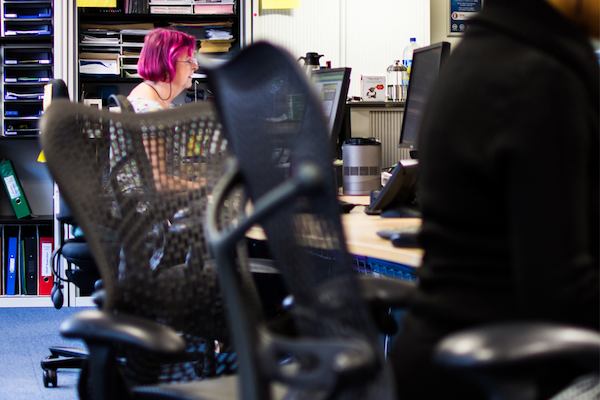My grandma is excited by the prospect of staying here at least for a month and improving over time. She starts becoming accustomed to the physiotherapist, the meals, walking to the garden and sleeping during the night, not the day (although she tells me that the day does feel longer than usual – not a surprise considering she now wakes up at 8am not 2pm).
As the sun sets – the room allowing us a great view – I'm conscious of us only having two more days left before heading back to the UK. I’m left with assurance that I'm no longer the only one at comfort with this solution, but that she is too.
On the fourth and penultimate day, our visit is limited to less than an hour. Grandma tells us she's doing well, and she doesn't seem bothered by our brief appearance.
The final day is met with an air of sadness, mixed with fatigue, as we prepare our goodbyes.
On at least three occasions my grandma begins a sentence with "The problem with this place is..." Yet she shares the sentiment that this is the best option for her, and we all agree. Late into the night, and with our flight the morning after, we begin making our way. My dad promises a return in a month, and my tickets are booked for July. She's close to tears as we hug her.
It's the 100th time we've had to say goodbye to her, but this time it's different. And yet I'm still sure that this is the best option and that it'll all work out.
